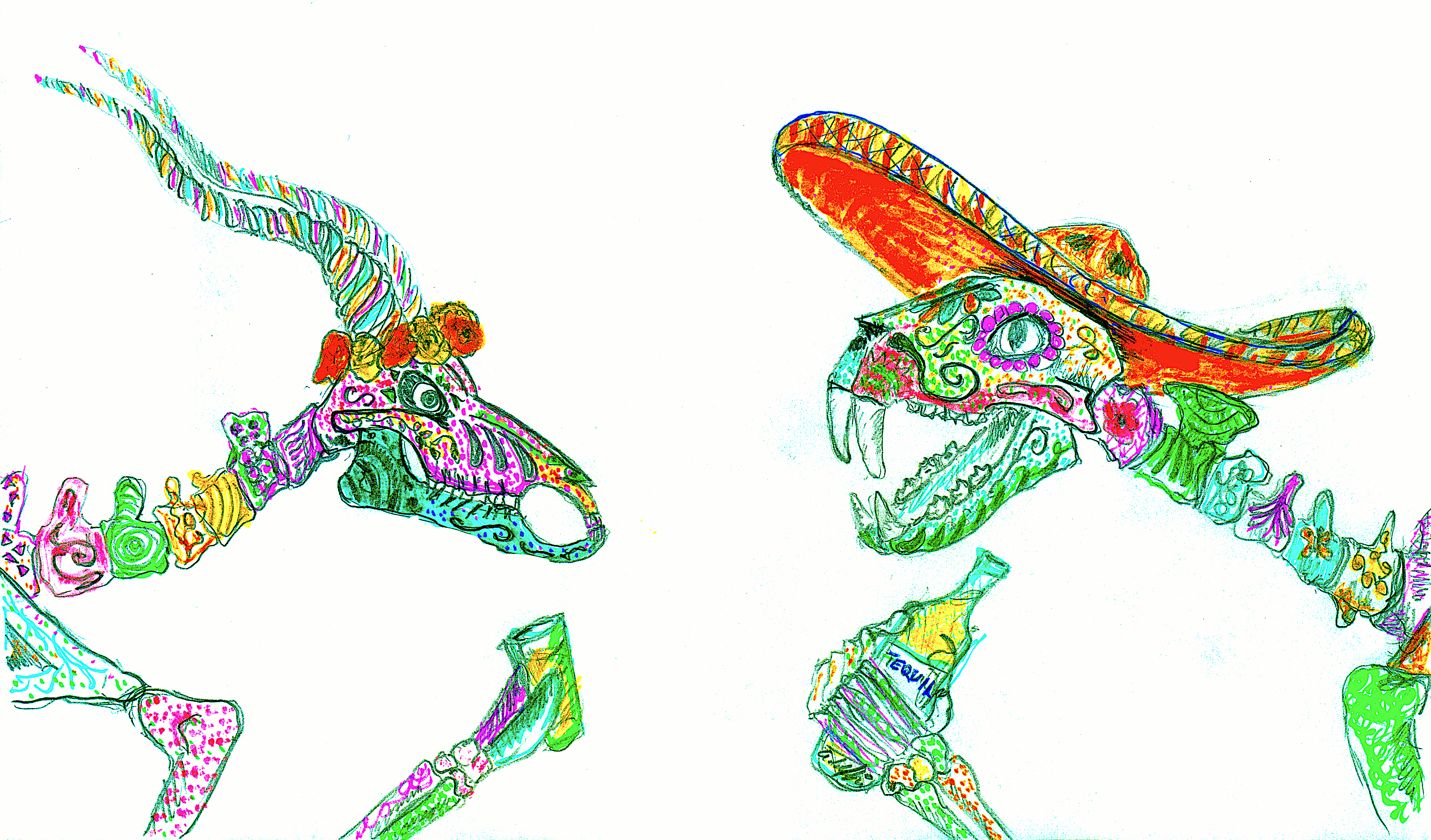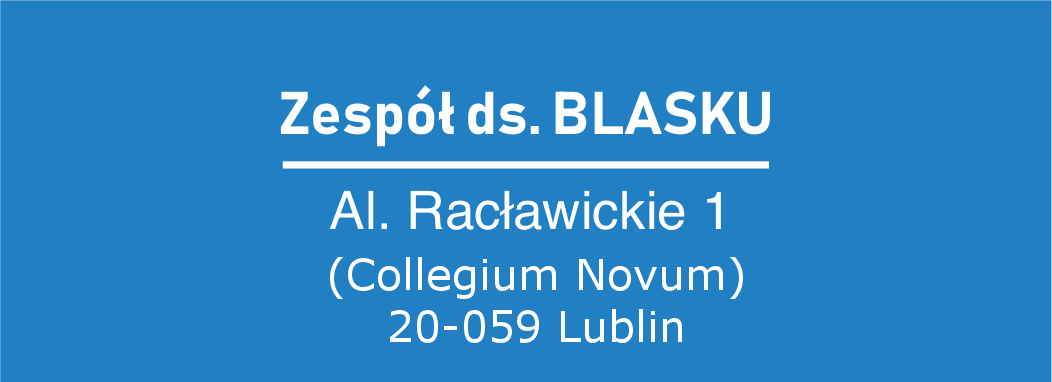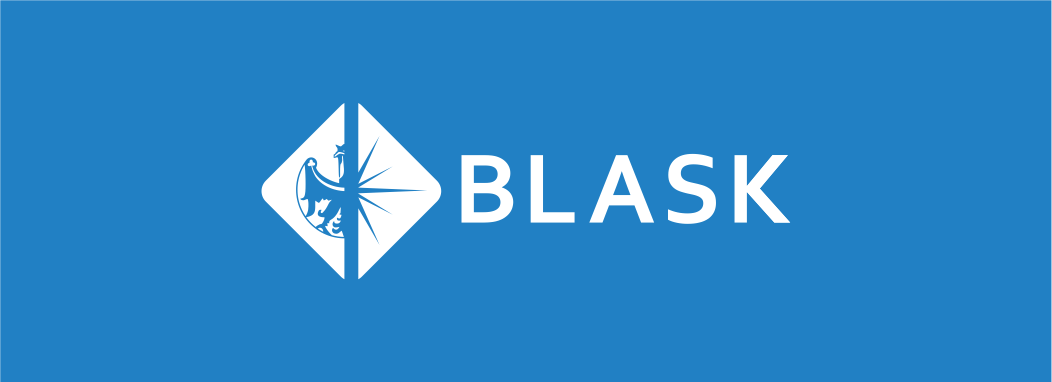Informator uniwersytecki
numer 017
Listopad 2022
★
7
Awareness Stress
As we biologists graduated and started looking for jobs, a friend of mine found a job at the “National” Zoo (Zoológico de Chapultepec[1]), which is located in the middle of one of the biggest cities on the planet, and it is home of hundreds of species of animals. My friend was truly thrilled with the job of taking care of these magnificent creatures.
After a while, he noticed that the area with antelopes, gazelles, gnus[2], giraffes and zebras was rather close to that of big cats (lions, leopards and tigers). The herbivores reacted when the large felines roared, and then he assumed that it stressed them. So, he went to the zoo manager and vets, and presented his observation with a suggestion that the ruminants should be relocated to a further away area, to what they all laughed at:

They continued saying:
"We had them relocated as far apart as we could, and then the antelopes, gazelles, zebras, etc. were getting constantly sick. We tried all kind of things until someone suggested that maybe the absence of carnivores was the cause, for what we took urine of the big cats (do not ask how) and placed it in the enclosure of the grazing animals and voilà, suddenly they went back to health."
So, as strange as it might sound, small levels of stress are actually healthy – let’s call this “awareness stress”. In many ways we should not be surprised about all this at all. Our millions of years of evolution cannot just be wiped out in a blink of an eye. Likely, it is the same to our immune system, which might start becoming overreactive when unchallenged (not stressed) for long – the result might be allergies and autoimmune disorders, something called the “hygiene hypothesis”[3].
Awareness stresses are many, such as that annoying deadline, the presentation one must give at a conference, the new lectures for students, a long drive ahead (Curva peligrosa), the aquarium cleaning day, the opening of the “Decision” email on your manuscript, or the results of your Western blot. These awareness stresses are actually good for your health, they keep you engaged, attentive and focussed in what needs to be done, and, let’s face it, without deadlines we would rarely get things done. In fact, experiments by different foundations show that in a deadline-free system they get about ½ of the normal number of applications[4].
As for me, when mounting stress begins bothering me… Well, I find drawing a good way to de-stress myself without losing focus. As every November (Mental stimulations), here is an image representing this commentary in a “dia de muertos” (day of the dead) style. According to Mexican tradition, we laugh with death, and those who already departed, on this day… a good philosophy if you ask me. We managed to fool death yet for another year, time to celebrate that it is not our final deadline.
Adolek
Adolek is the manager of a laboratory zoo - or was it a circus?
[1] https://www.chapultepec.org.mx/actividad/alfonso-herrera-chapultepec-zoo/?lang=en BTW, Chapultepec literally means “the grasshopper hill” in Nahuatl the language of the Mexicas (a.k.a. Aztecs). They were the first to breed giant pandas outside China, and to breed several endangered Mexican species too.
[2] Gnu is the African word for wildebeests.
[3] https://www.frontiersin.org/articles/10.3389/fimmu.2021.635935/full
[4] https://www.science.org/content/article/no-pressure-nsf-test-finds-eliminating-deadlines-halves-number-grant-proposals/
https://norway.postsen.com/trends/58665/Removed-application-deadlines-and-halved-the-number-of-applications.html
Check out the previous articles:
© 2022 Centrum Symulacji Medycznej UM w Lublinie







